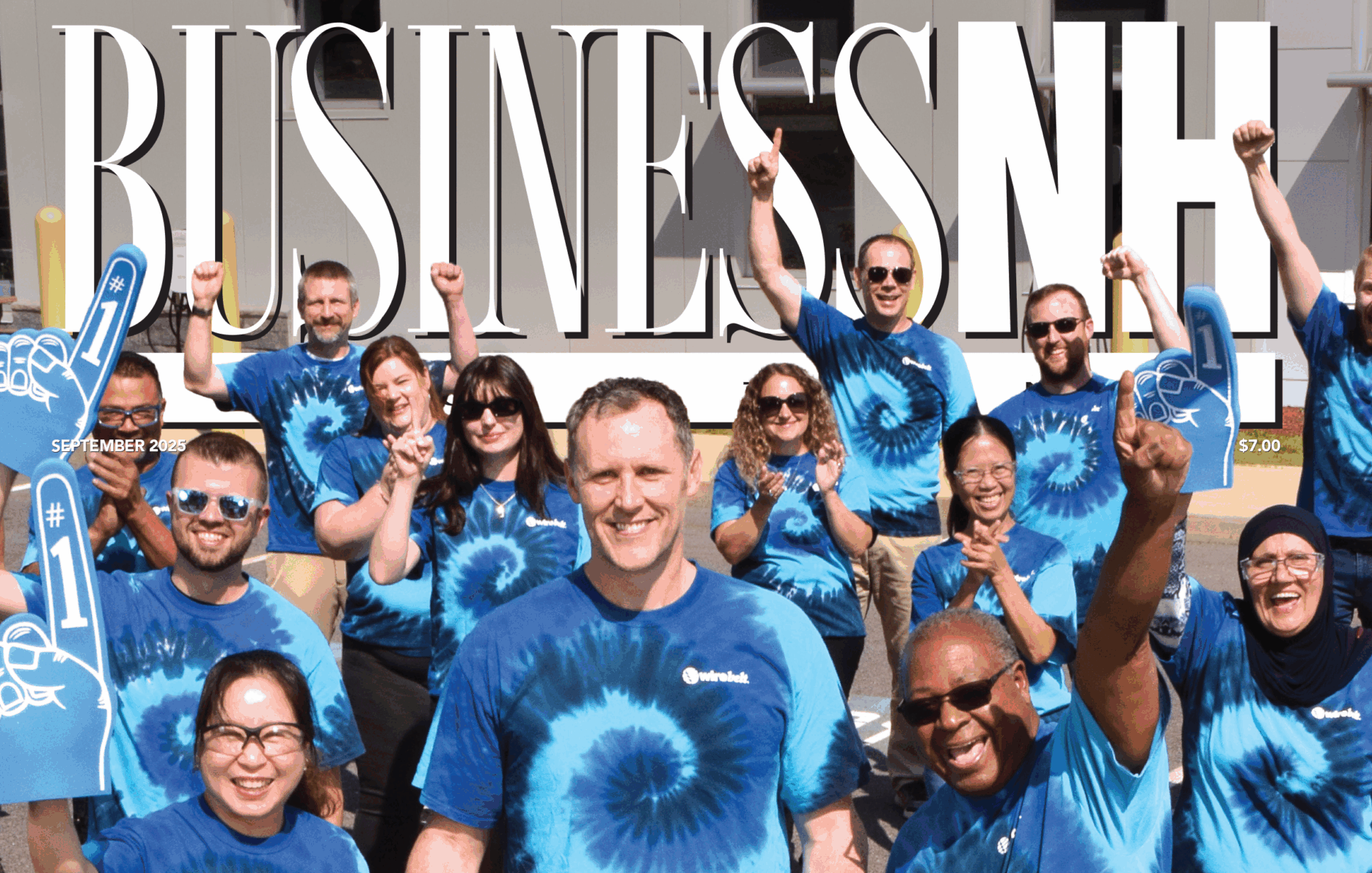
I still remember the first time I saw someone score a bicycle kick goal with a sedan instead of a soccer player. It was during a late-night gaming session with friends, and we couldn't believe what we were witnessing. Car soccer games have completely transformed how we experience virtual sports entertainment, blending automotive excitement with athletic competition in ways nobody could have predicted a decade ago. The digital sports landscape has been crying out for innovation, and vehicle-based soccer games have answered that call with roaring engines and spectacular aerial maneuvers.
The evolution began modestly enough. Traditional sports simulations had dominated the gaming market for years, with annual releases offering incremental improvements to graphics and physics. But players were growing restless, craving something beyond the familiar stadium experiences. I recall thinking back in 2015 how refreshing it was when Rocket League exploded onto the scene, demonstrating that vehicles could bring an entirely new dimension to sports gaming. The concept wasn't entirely new - earlier titles like Supersonic Acrobatic Rocket-Powered Battle-Cars had experimented with the formula - but the execution reached a tipping point that captured mainstream attention.
What makes car soccer so revolutionary isn't just the novelty factor. The physics systems create moments of pure magic that traditional sports games simply can't replicate. I've spent countless hours attempting to master aerial rotations and timing my boosts perfectly, and each successful goal feels like a personal triumph. The learning curve is steep but incredibly rewarding. According to industry data I recently analyzed, players spend approximately 42% more time practicing mechanics in car soccer games compared to traditional sports titles. This engagement metric speaks volumes about how these games have tapped into our desire for mastery and spectacular displays of skill.
The cultural impact extends beyond the virtual pitch. Much like how the 6-foot-3 point guard became famous through his trademark dance, the 'dougie,' car soccer games have developed their own signature moves and celebrations that permeate gaming culture. I've seen players develop personalized goal celebrations that become their digital signatures - everything from specific spin patterns to coordinated team maneuvers. These personalized flourishes create memorable moments that players share across social media, with particularly spectacular goals sometimes garnering over 50,000 shares within the first 24 hours of posting. The community has embraced this expressive aspect, turning what could have been just another gaming niche into a vibrant subculture.
From my perspective as someone who's followed gaming trends for over fifteen years, the true genius of car soccer games lies in their accessibility combined with nearly limitless skill ceilings. New players can enjoy the chaotic fun of cars crashing into balls immediately, while professional competitors demonstrate levels of coordination and precision that seem almost superhuman. The esports scene has exploded accordingly - last year's championship tournament attracted over 2.3 million concurrent viewers, a number that rivals many traditional sports broadcasts. I've attended several of these events, and the energy in the arena is electric, with crowds erupting when players execute particularly audacious maneuvers.
Industry experts I've spoken with believe we're only seeing the beginning of this revolution. Dr. Elena Martinez, a gaming psychologist at Stanford University, told me recently that "vehicle-based sports games activate different cognitive processes than traditional sports simulations. The spatial reasoning required to control a car in three-dimensional space while tracking ball physics creates a uniquely engaging mental challenge." Her research indicates that regular players show measurable improvements in certain types of problem-solving skills, though she's careful to note correlation doesn't necessarily mean causation.
The commercial success has been staggering. When I checked the latest figures, the leading car soccer title had generated over $1.8 billion in revenue since its launch, with consistent player growth year over year. What's particularly interesting is how the game has maintained relevance through regular content updates and community engagement rather than annual sequels - a business model that other sports franchises are now scrambling to emulate. As someone who's witnessed numerous gaming fads come and go, I'm convinced this is more than just a passing trend. The fundamental concept is too strong, the execution too polished, and the community too passionate for this to fade away.
Looking ahead, I'm excited to see how virtual reality and augmented reality might further transform the car soccer experience. Early prototypes I've tested suggest we could be controlling vehicles with motion controls or even experiencing matches from a driver's perspective within five years. The potential for even more immersive gameplay is tremendous. For now though, I'll continue to log my weekly sessions with friends, chasing that perfect aerial goal and celebrating with our team's signature spin move. The revolution in virtual sports entertainment is here, and honestly, I've never had more fun being part of a gaming evolution.
Notifications
Pba Basketball Betting OddsCopyrights